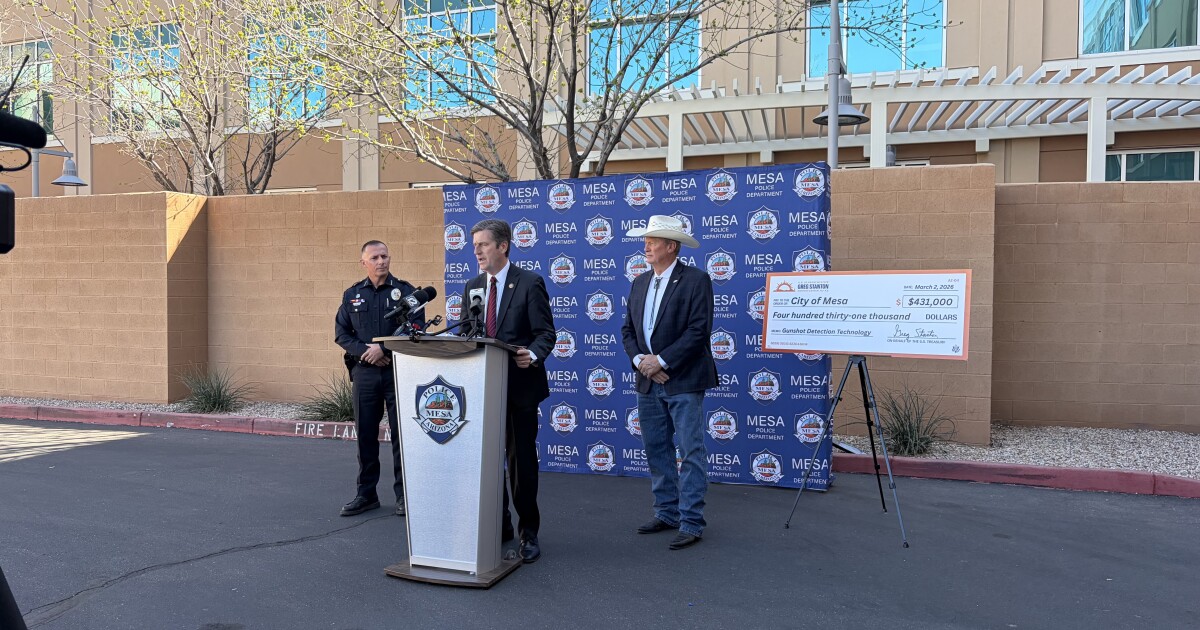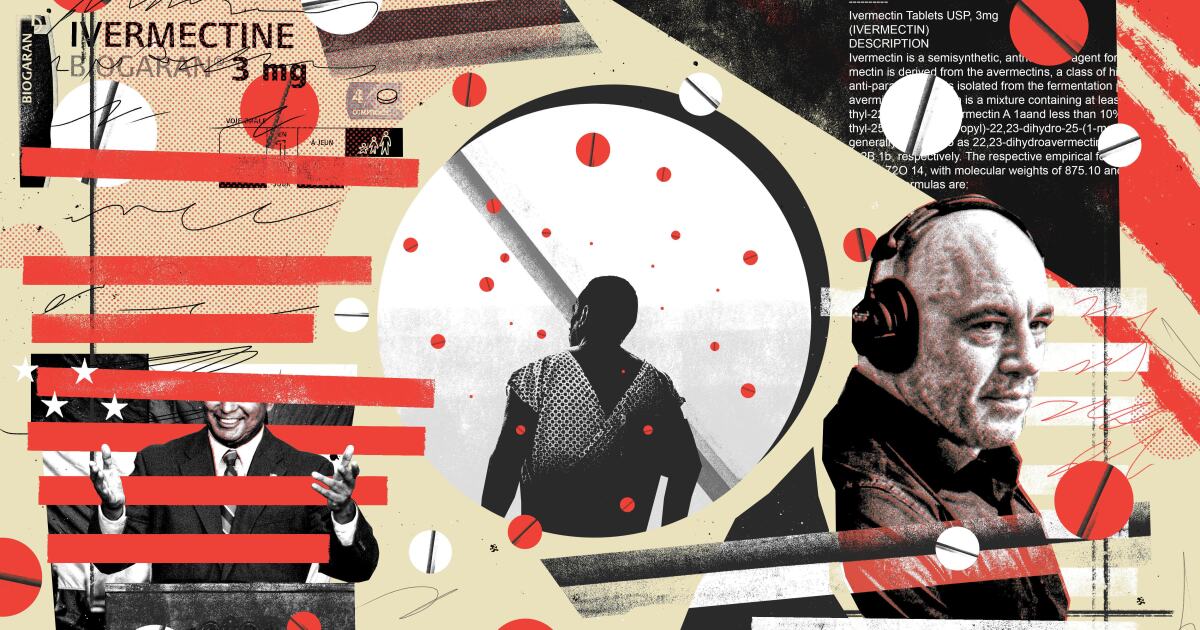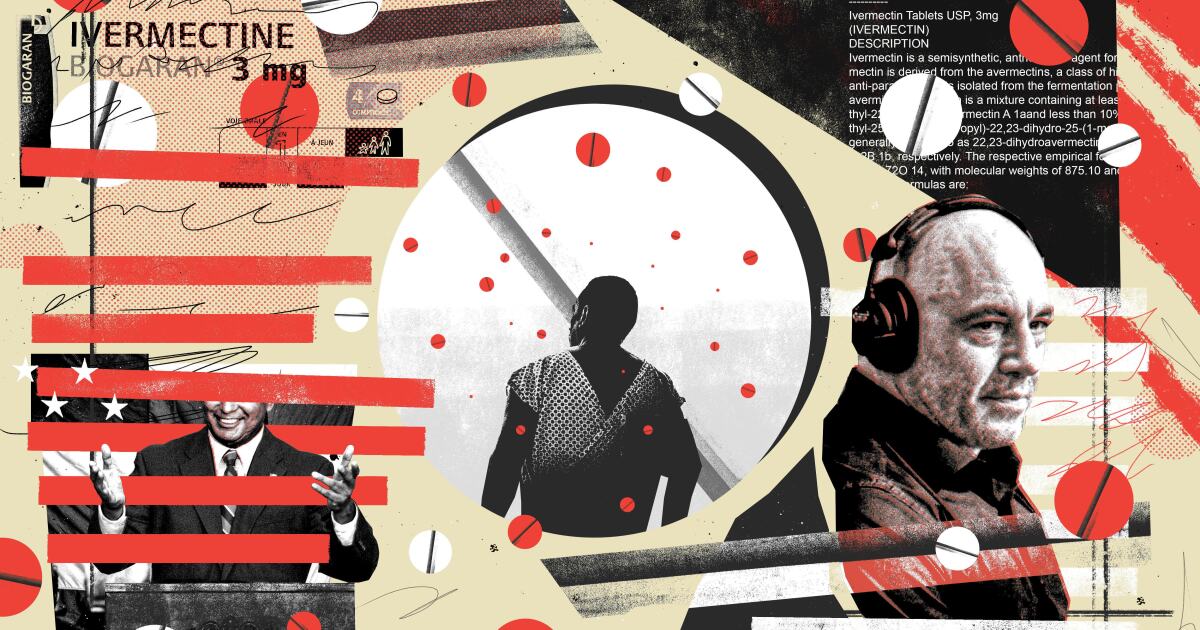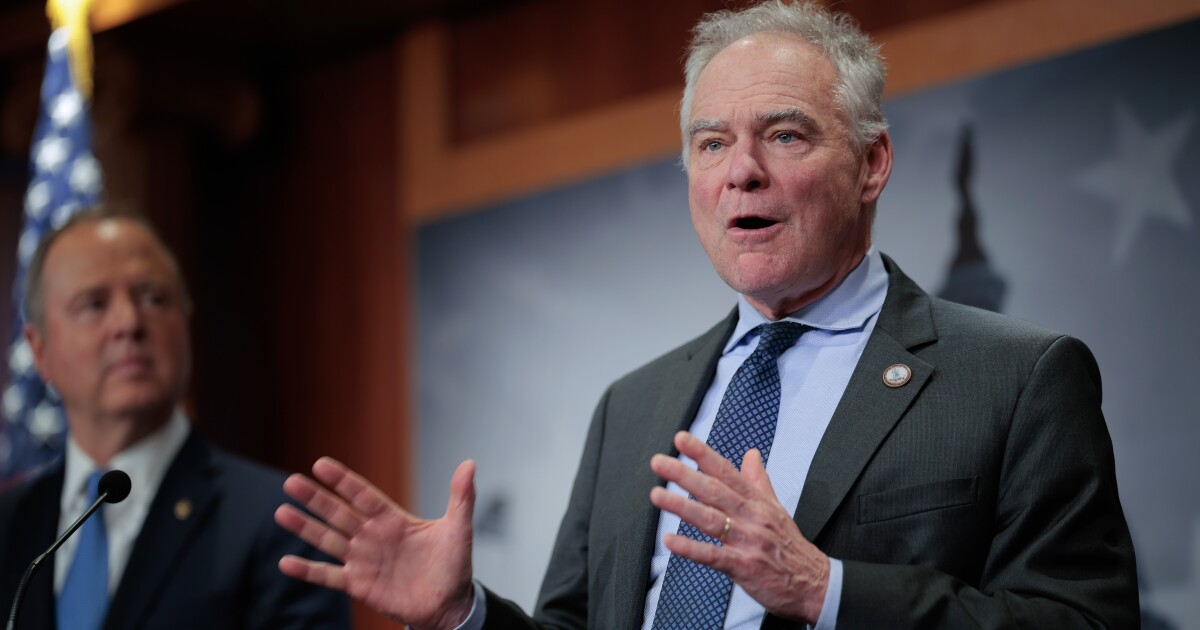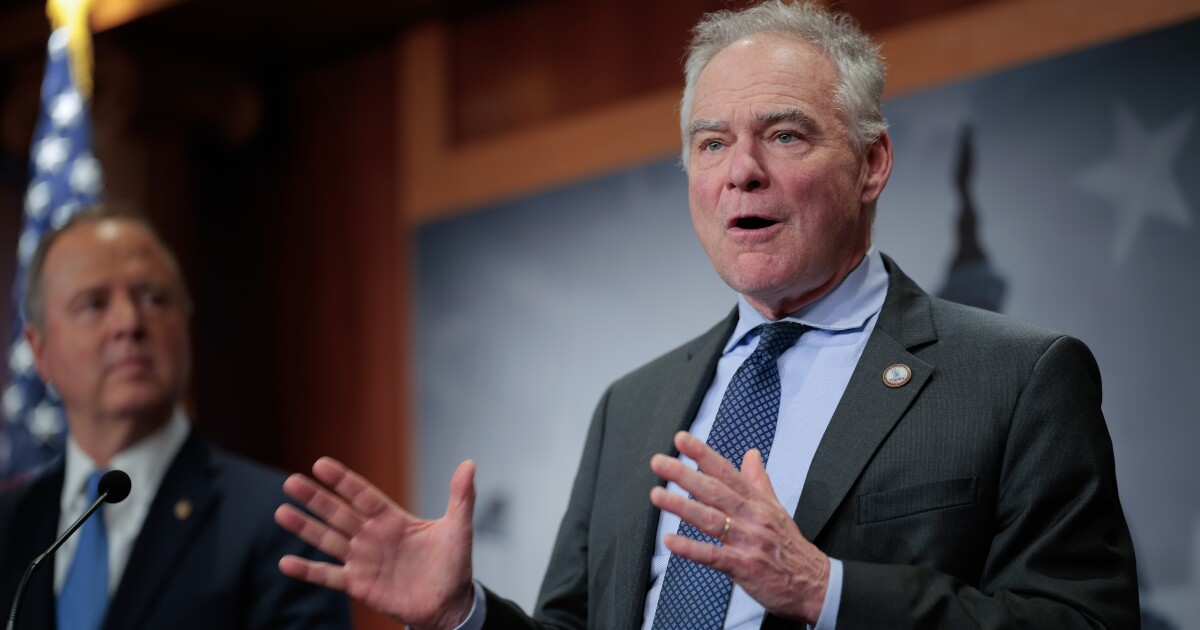The recent federal government shutdown has thrown the United States into turmoil, affecting various sectors and services. Central to the escalating tensions is the Trump administration’s decision to halt the distribution of SNAP benefits, impacting millions who rely on the program for food security.
The administration has directed state governments to “undo” any actions taken to distribute full SNAP benefits for November, intensifying the standoff. This instruction, relayed via a memo from the US Department of Agriculture (USDA) late Saturday night, emphasized compliance under threat of financial penalties. Non-compliant states risk losing the federal share of administrative costs or being held responsible for any overpayments.
As the number of Americans dependent on SNAP surges to 42 million, the uncertainty resulting from the shutdown only compounds their challenges. The program, pivotal in assisting families and individuals in purchasing necessary groceries, finds itself caught in the crosshairs of the longest government shutdown in America’s history, stretching beyond 40 days.
While the shutdown, initiated on October 1, continues to disrupt multiple facets of life, it has forced many federal workers to face furloughs or work without pay. The lack of paychecks has even led to significant absences among air traffic controllers, subsequently causing thousands of flight cancellations as the Thanksgiving holiday approaches.
The Trump administration’s order to pause SNAP benefits is embroiled in legal challenges. Despite a Rhode Island court’s directive requiring the release of SNAP emergency funds, President Trump has publicly stated—via a Truth Social post on November 4—that SNAP benefits will remain suspended until the shutdown is resolved. The administration has lodged an appeal against the lower court ruling, yet the Supreme Court’s temporary hold has momentarily allowed the pause in November benefits to continue while legal proceedings unfold.




